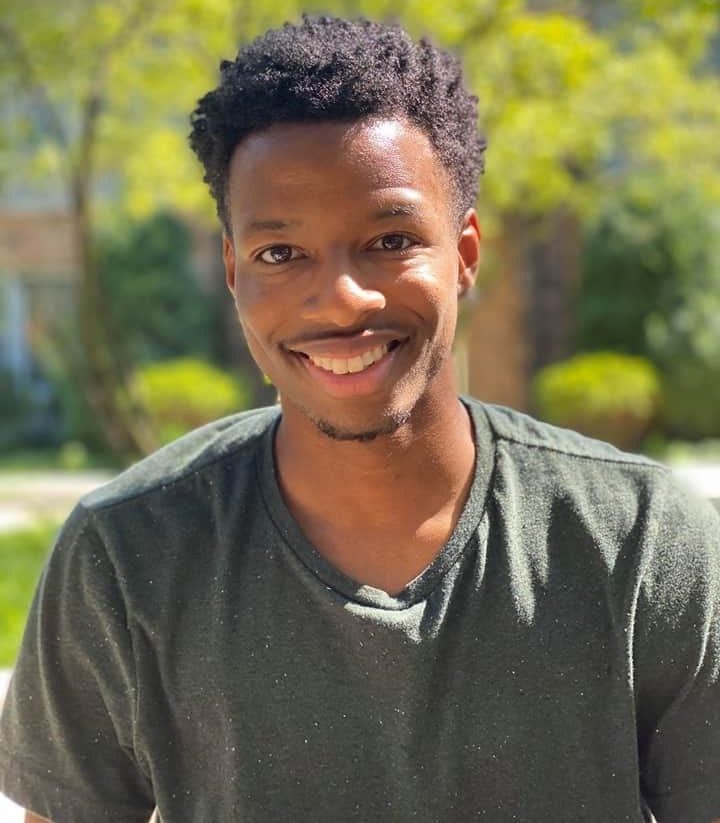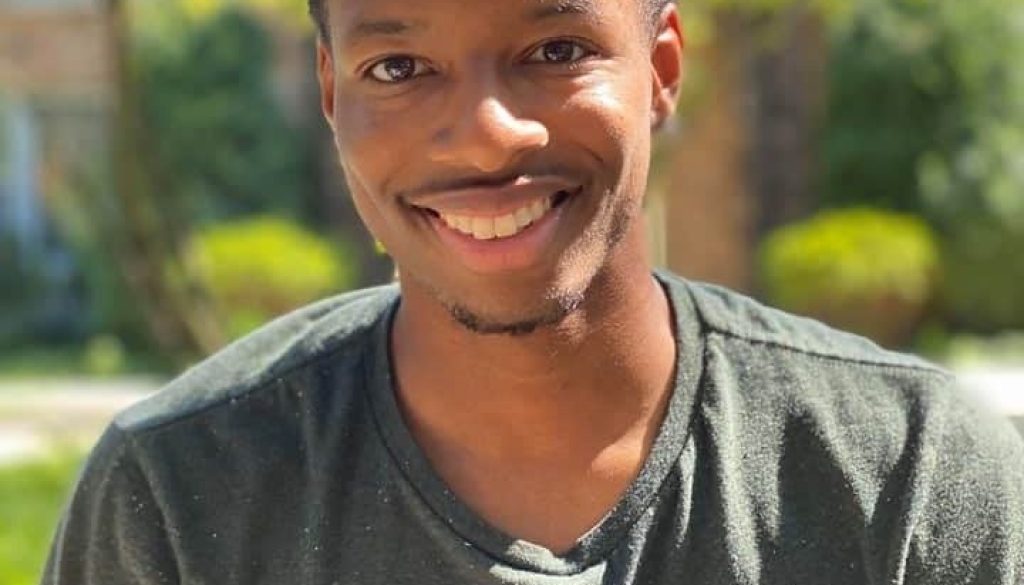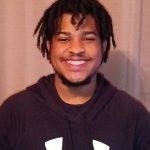Brandon Ford, a Black motorist and Creve Coeur resident, drew the attention of the police on a summer evening. His fear was palpable.
“I’m okay with the first ticket, but the second one you’ll have to take back.”
This is what I told a Creve Coeur police officer on the night of July 28. I had conceded that my speeding ticket was just. But my “failure to yield to an emergency vehicle” was unjust.
I had to summon a great deal of courage to say that. I had been in fear for my life.

When I found a patrol car following me and signaling me to pull over about 10:30 that night, I had called my father.
“Dad, the police are driving behind me and I’m scared.”
“Where are you?”
“I’m close to the Walgreens near home.”
“Okay, stay calm. I’m on my way.”
I was scared because I’m Black. I had begun contemplating what it would take to stay alive. The cops began following me past a well-lit Walgreens on Olive and Dautel. After speaking with my dad, still in a panic, I kept going east towards the AMC Creve Coeur 12 cinema.
As I reached Old Olive Boulevard near the theater, I found it was much darker there. By this time, I was telling myself I had maybe a 50-50 chance of living. I led the police back to the Walgreens.
They were angry because I hadn’t stopped immediately. I explained that I had been frightened.
The cops – both white, one man and one woman – could not grasp what was going through my mind … the deaths of Michael Brown (2014 in Ferguson), Terence Crutcher (2016 in Tulsa) and George Floyd (2020 in Minneapolis) were all at the hands of the police. With those stories in mind, I would not pull over until I could find a well-lit place where other civilians might witness whatever was going to happen in this encounter.
This is not to say that the cops were racist. They simply had the privilege of considering the situation race-less.
“Get out of the car with your hands up!” said the officers. With guns trained on me I instinctively reached for my phone to record the interaction. The phone was sitting in my car seat.
“Hands up!” the male cop repeated. For all he knew, I could be reaching for a gun.
I was placed in handcuffs. The male cop looked in my car and found nothing except for the sack of McDonalds I’d just purchased.
Fortunately my Dad arrived not long after to de-escalate the situation with his calming aura. Perhaps it comes from his years of coaching and teaching at suburban St. Louis schools. He talked the police down to a point of understanding.
All of it happened under the lights of the Walgreens parking lot. In the dark from the officers’ perspective were my experiences growing up in Creve Coeur, which also played a role in triggering my fears that night.
I had been a good student at Willow Brook Elementary. As a fourth grader, I won the spelling bee, a happy memory. But a less pleasant one haunts me to this day. I fell injured on the blacktop while playing recess basketball and cried aloud. My teacher, thinking I was expressing anger rather than pain, took me to the principal’s office instead of the nurse’s clinic. From that point on I became hyper-conscious about how I would be perceived by white folks.
Am I overreacting to that incident? Well consider that according to a 2020 study completed by psychologist Amy G. Halberstadt Black boys are 1.16 times more likely to be misjudged as angry than white boys.
I learned to keep a close check on my responses in the presence of white people. So much so that when my white coworker at the Creve Coeur grocery where I formerly worked made racist statements about Barack Obama, Black women, and one of my Black coworkers, I didn’t react. “[Our coworker] Tyreon will never get a good job [because of his Black-sounding name],” that white worker had said.
Was that just one bad-apple employee talking?
A 2020 study by the Gallup Center on Black Voices finds that about one in four Black and Hispanic employees in the U.S. report having been discriminated against at work in the past year compared to 15% of white employees. My supervisors were white. I chose not to tell them what happened.
Likewise, was my encounter with the police, just one of those things? Well consider the report on traffic stops that the Missouri Attorney General prepares annually. The 2020 report showed that African American drivers were 71% more likely to be pulled over by Missouri police officers last year than white drivers. In Creve Coeur, the figures using population and stop data show Black residents are almost four times as likely to be stopped by police than white residents. (To be fair, when compared with population data across St. Louis County, the disparity is far less.)
The female cop refused to take the “failure to yield” ticket away even after I explained my fears. The power dynamic – white institutions first, Black individuals last – was reinforced. I was hot.
“I’m Black in America!” I yelled at the officers before driving away from the scene. If they heard me, they decided not to react.
Despite all I invested into the city of Creve Coeur — my home, my work, and my school life — the city exacted its price. My case was adjudicated in October. My attorney fees from the Traffic Law Center were $181.91. It cost $450 more to change the two tickets to non-moving violations to save my driving record.
Still, I have my life. And it provided me with one more lesson about how race is lived in my hometown. Instead of remaining silent, I have decided to share my story with as many St. Louisans as this account will reach. Perhaps it can be a lesson for others as well.
Brandon Ford, 23, a life-long Creve Coeur resident is an aspiring journalist and a board member of Before Ferguson Beyond Ferguson, a non-profit racial equity storytelling project.




